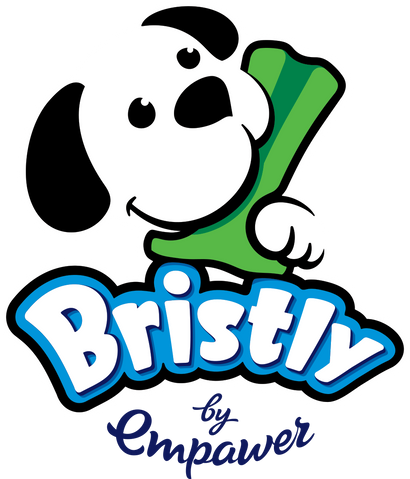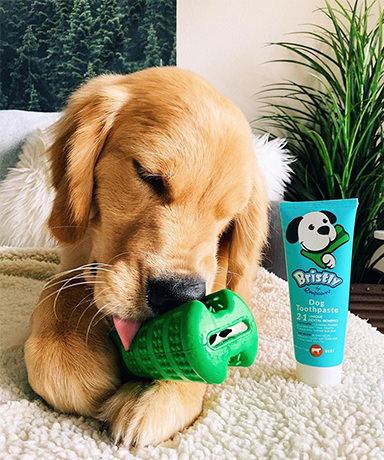Your Cart is Empty

Time to make your inbox pawsome
Sign up today and get 10% OFF your first purchase!


If you have recently found yourself in the lucky position of getting a new dog - congratulations! The next few months are going to be full of puppy snuggles, lots of playing with new toys, barking at random objects like door stoppers, and all of the Instagram-worthy napping photos you could ever hope for.
But with every cute moment also comes a responsibility - trips to the vet, chewed up shoes, and the ever-frustrating potty-training. Getting your pup to know where the correct place to relieve himself (e.g. not all over your brand-new rug) can be a challenging task. It's annoying and gross to have to clean up messes in the house, but it all comes with being a pet owner.
When your dog is still young, they need to be fed a few times a day. Use this to your advantage and make it a habit of going outside 10 to 15 minutes after you feed him. That way, he'll know that once he eats, he can go potty shortly after. Until he stops having accidents in the house, it is not recommended to feed your puppy without having the time to take him outside shortly after.
He will have the expectation of going outside after eating and will need to relieve himself somewhere. If you don't want it to be on your carpet, take the time to take him outside. The same thing goes with drinking. If your pup gets playful and needs to drink a lot of water, it is a smart idea to take him outside after he has drunk his fill.
Once your puppy has a strong association between food and going outside after, (and you've picked up on what the signs are when your dog has to relieve herself) it is useful to teach your dog a cue to let you know when she has to go. Perhaps after a few weeks of taking her outside right after mealtime, you put a special mat by the door and when she sits on it, you'll open the door to go outside.
It is very common for a dog to just scratch at the door when they have to go, too. But if you don't want her ruining your molding, a mat or perhaps a bell on the door is a potential solution. Establishing a routine is probably the most difficult part about this, but consistency is key. Figure out what works best for you and your puppy and stick to it.
Other than being a great option when you have a dog in general, crate training your puppy can also assist in the potty-training process. Since dogs are den animals, they will see the crate as their home. As fairly clean animals, they will want to keep their homes clean, as well. As long as your crate is not too big, when your puppy is in his crate, he should not have accidents.
This will help if you need to leave for a few hours and don't want to have to clean up spots on the carpet when you get back. When first beginning this process, try not to leave for more than a half hour to an hour and don't leave right after your puppy has just eaten or drank a lot as this will establish bad habits. If you have to leave shortly after mealtime, take the time to take your puppy outside to relieve himself, then go. The older your puppy gets, the longer he'll be able to stay in the crate without having to go outside.
Even after your pup learns that she goes outside after meals and after she drinks a lot of water, it is still important to go outside very frequently while they're young and house training. As uncomfortable as it is, puppies poop. A lot. And the only way that they'll know that it's allowed outside and not inside is if you take them outside often.
Accidents will happen, and it is important to let them know that you don't want them to relieve them self in the house, so when this happens, scold them gently and then go outside. Consistency is key to house-training. So as long as you can establish a routine with your pup and stick to it, you'll soon find that potty-training will soon become a distant thing of the past.
